Montaigne (the Granddaddy of All Bloggers, GOAB) makes this point in his Of Practice. We can gain a proficiency through practice in all other human tasks, "But for dying, which is the greatest task we have to perform, practice cannot help us. A man can, by habit and experience, fortify himself against pain, shame, indigence, and such other accidents; but as for death, we can try it only once: we are all apprentices when we come to it."
Montaigne then describes an incident in which he was knocked off his horse by a bigger horse and rider. "It is the only swoon I have experienced to this day," he relates. He didn't think the experience of being close to death, at first, was that bad: "It seemed to me that my life was hanging only by the tip of my lips; I closed my eyes in order, it seemed to me, to help push it out, and took pleasure in growing languid and letting myself go. It was an idea that was only floating on the surface of my soul, as delicate and feeble as all the rest, but in truth not only free from distress but mingled with that sweet feeling that people have who let themselves slide into sleep."
Later he started throwing up clots of blood. And then after two or three hours he began to feel himself caught up in the pains, he says, "...my limbs being all battered and bruised by my fall; and I felt so bad two or three nights after that I thought I was going to die all over again, but by a more painful death; and I still feel the effect of the shock of that collision."
Montaigne in another essay, Judging the death of others, says being dead is not what troubles us, but dying. He quotes (someone completely unknown to me) Epicharmus: "It is not death, but dying, that I fear.
When Caesar was asked what death he found most desirable, he answered (again according to GOAB), "The least premeditated and the quickest." And Pliny, "A quick death is the supreme good fortune of human life."
I have thought that an easy death for me would be by drowning. I once suggested to Kathy that if I fall into senility, she take me to the beach, point out to sea, and tell me to swim to an island paradise. (She wanted to know if it would work right then.)
When I described this plan as an easy death to Brownsville Blogger Stan Raines, he gave me a book of poems he had written, There's More to Blues Than Meets the Eye. One of his poems, The Sea, begins:
When I have reached sufficient age
And experience has filled me up
And the world has drained me dry
I will heed god's call and take me to the sea.
It might be a far worse death than Stan or I imagine, but I had an experience when I was in college that makes me think it might not be the worst of all. I, then, fancied myself the greatest of under-water swimmers. I could take several deep breaths and swim from a lakeside restaurant in Lake Travis to a ski ramp near the other side of the lake. Though, we never did, there was some discussion of taking bets on the matter.
Once, in a pool, with my friends Dan Boyd and Stephen McNally present, I was going to put on a demonstration. I was going to swim laps in the pool far beyond anyone's expectations and to universal amazement and admiration. I did. However, at some point I stopped swimming and began to sink. The only thing I remember was Stephen pulling me out and telling me that my competitive spirit was in conflict with the likelihood I would enjoy a long life.
That wasn't so bad. I lost consciousness and it may have been I would have been unaware of the dying part and gone straight to the death. I'm glad it didn't happen then, and I don't want it to happen any time soon, but, Lord, may I be blessed with an easy way out.
Sherwin B. Nuland is a favorite writer of mine on death. One way to judge a book is to look at the index. If it quotes Montaigne, it's a keeper. Nuland, a surgeon from Yale, in his book How we Die, quotes Montaigne twice. (He also quotes Tolstoy, Shakespeare and Laurence Sterne. What a guy.)
Lawyers don't have to see much death, but some of us must hear many very good descriptions of death. Nuland, on the other hand wrote about death after seeing it at close hand over a long career. He says he would like to have a death without suffering, but the overwhelming odds are against it: "Like most people, I will probably suffer with the physical and emotional distress that accompany many mortal illnesses, and like most people I will probably compound the the pained uncertainty of my last months by the further agony of indecision--to continue or to give in, to be treated aggressively or to be comforted, to struggle for the possibility of more time or to call it a day and a life--these are the two sides of the mirror into which we look when afflicted by those illnesses that have the power to kill."
So I will be most likely trapped as well. Stretching out the agony with the hope of recovery or at least a little more time.
Nuland reminds us of the words Shakespeare gives to Julius Caesar:
Of all the wonders that I have yet heard,
It seems to most strange that men should fear;
Seeing that death, a necessary end,
Will come when it will come.
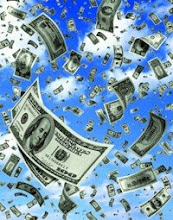
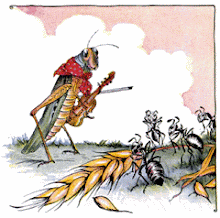













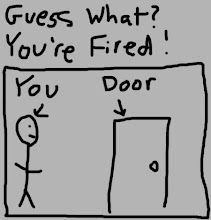










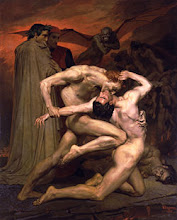_-_Dante_And_Virgil_In_Hell_(1850).jpg)



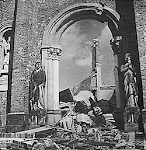











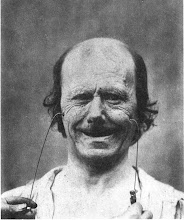
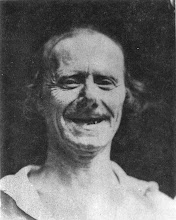


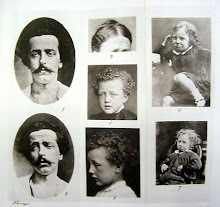





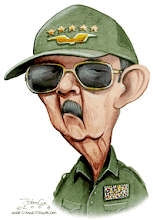













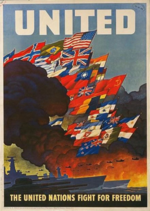

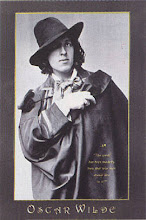
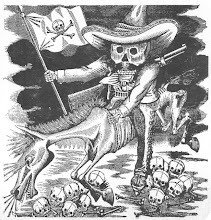












5 comments:
Sensei,
People are likely more of afraid of just not being. The fear of the unknown is worse than knowing your fate. If you look at the end as just a new beginning, your fear will dminish.
In the introduction to Adonais, Shelley speaks of Keats and inserts a Platonic epigraph:
Thou wert the morning star among the living,
Ere thy fair light had fled;
Now, having died, thou art as Hesperus, giving
New splendor to the dead.
I always thought that was pretty cool.
Kurgan
I used to fear dying, and I wished things could be like they were in the time of Methuselah, and I could live to more than 900. But, in recent years, my greatest anxieties have been financial instead of death-related, and I have realized that there is no way in hell (or, more accurately, on earth) that I can afford to live as long as Methuselah. In fact, a year ago, I did a comprehensive projection and concluded that I could only afford to live to be 72. Since then, because of the decline in the worth of my modest IRA, due to the recent recession, that number had to be modified to 68. So, with one year lived and four lost to recession, my life is five years shorter now than it was a year ago.
LDM,
Ahh.. the true philosphers of life emerge. Ronnie Van Zant's genius can be found in one of the verses to Simple Man.
"Forget your lust for the rich mans gold
All that you need is in your soul,
And you can do this if you try.
All that I want for you my son,
Is to be satisfied."
Too bad few of us listen to Mr. Van Zant's grandma.
K
Dan,
I can assure you after you blow through your IRA and completely run out of money, life does not end.
Otherwise, I would have died in 2001, but I seem still to be here.
When you're wounded and left on Afghanistan's plains, and the women come out to cut up what remains, Jest roll to your rifle and blow out your brains. An' go to your Gawd like a soldier…So-oldier OF the Queen. Kipling
If I die in a combat zone box me up and ship me home, pin my medals upon my chest and tell my momma I did my best. SSgt. Echols
Chin up.
Post a Comment